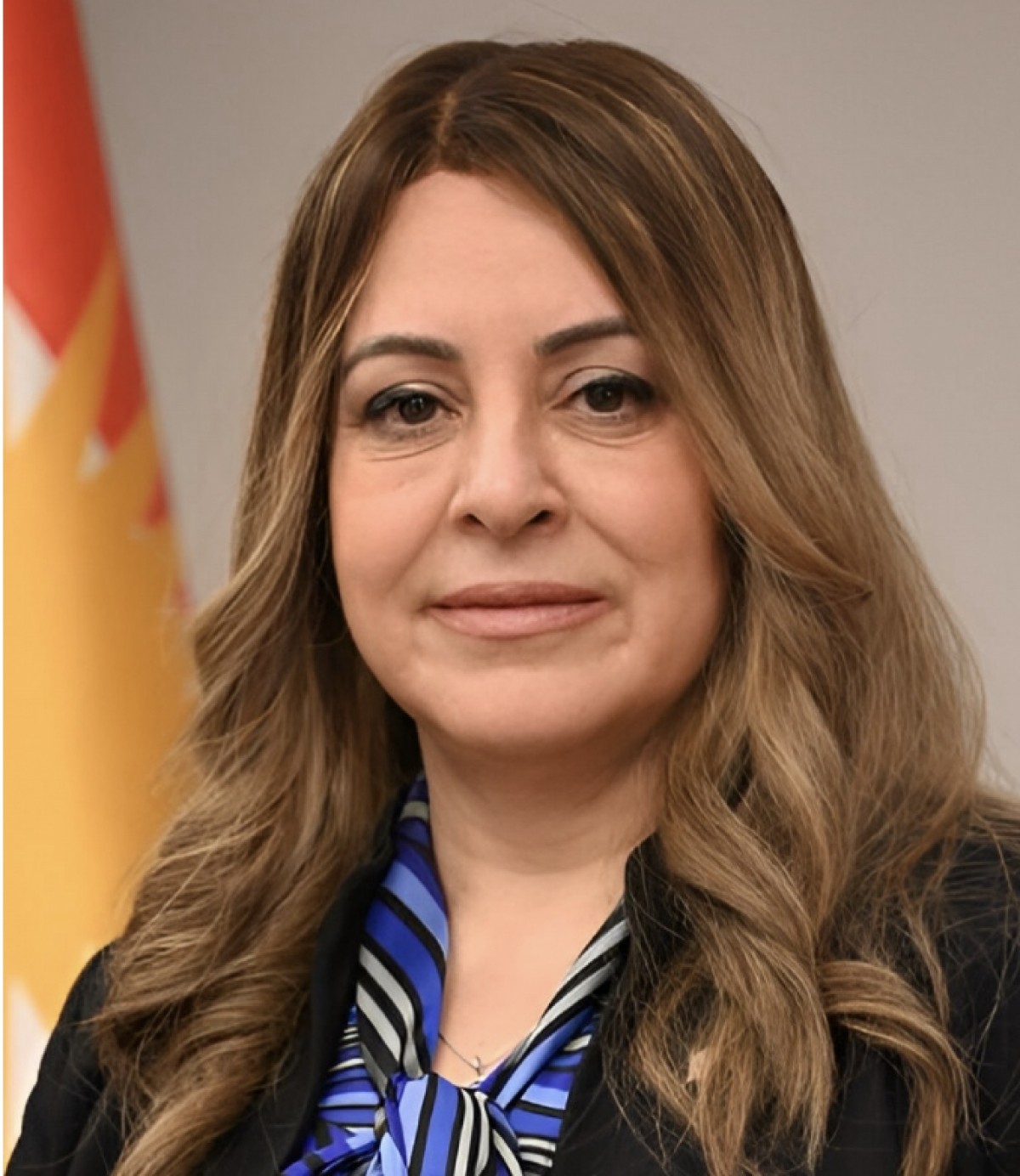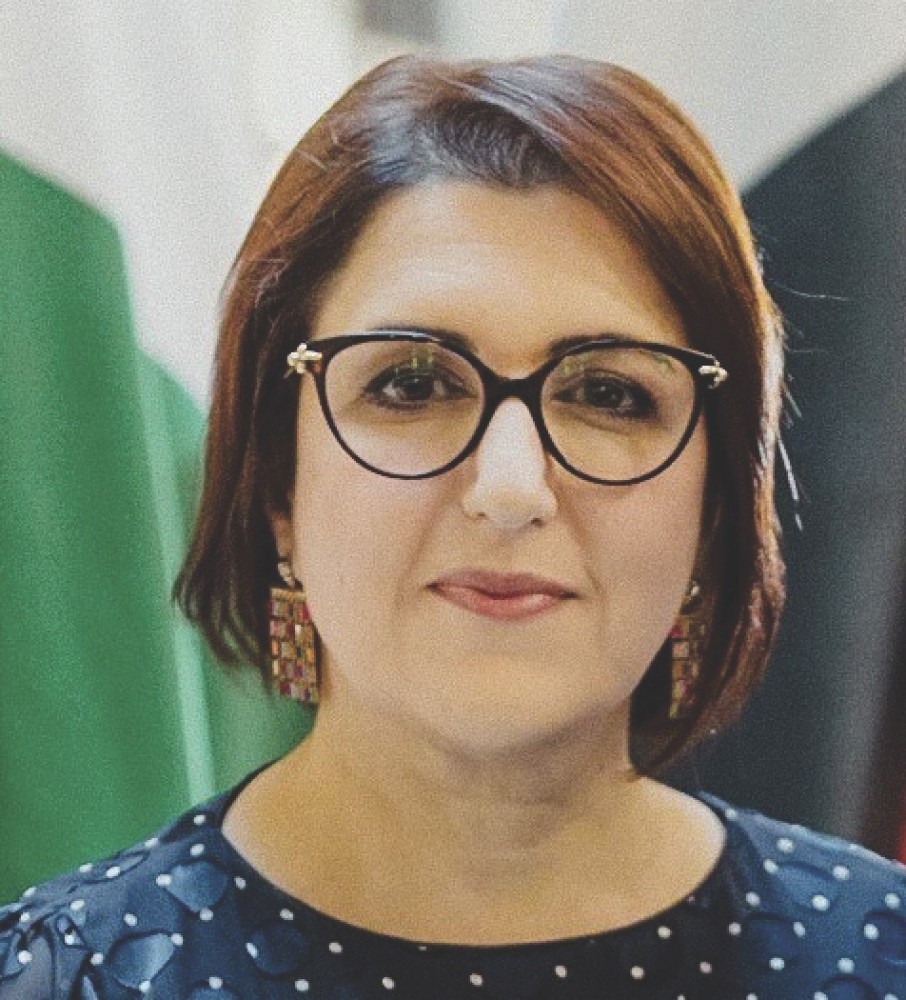Before arriving in the Kurdistan Region of Iraq (KRI), I set myself the objective of exploring the region, to meet as many people as possible and to learn about the culture, people, history, and – as those that know me will attest, most importantly – cuisine.
I am writing this in February, marking my fourth week here, and am happy to report that during this time, I have met an enormous variety of people – and eaten some fantastic meals – in Erbil, Dohuk, Sulaymaniyah, Rawandiz, Halabja, Soran, and Mosul.
Across the many warm and welcoming meetings, one thing that has stood out is the shared history of the KRI and UK. Indeed, earlier today I travelled to Soran along the picturesque Hamilton Road that was constructed by Archibald M. Hamilton (1898 – 1972) between 1928 and 1932.
Most significantly, as so many people have recalled during my encounters, the UK, along with France and the United States, established the no-fly zone in 1991. This is the foundation of the flourishing relationship that exists today and is continuing to grow.
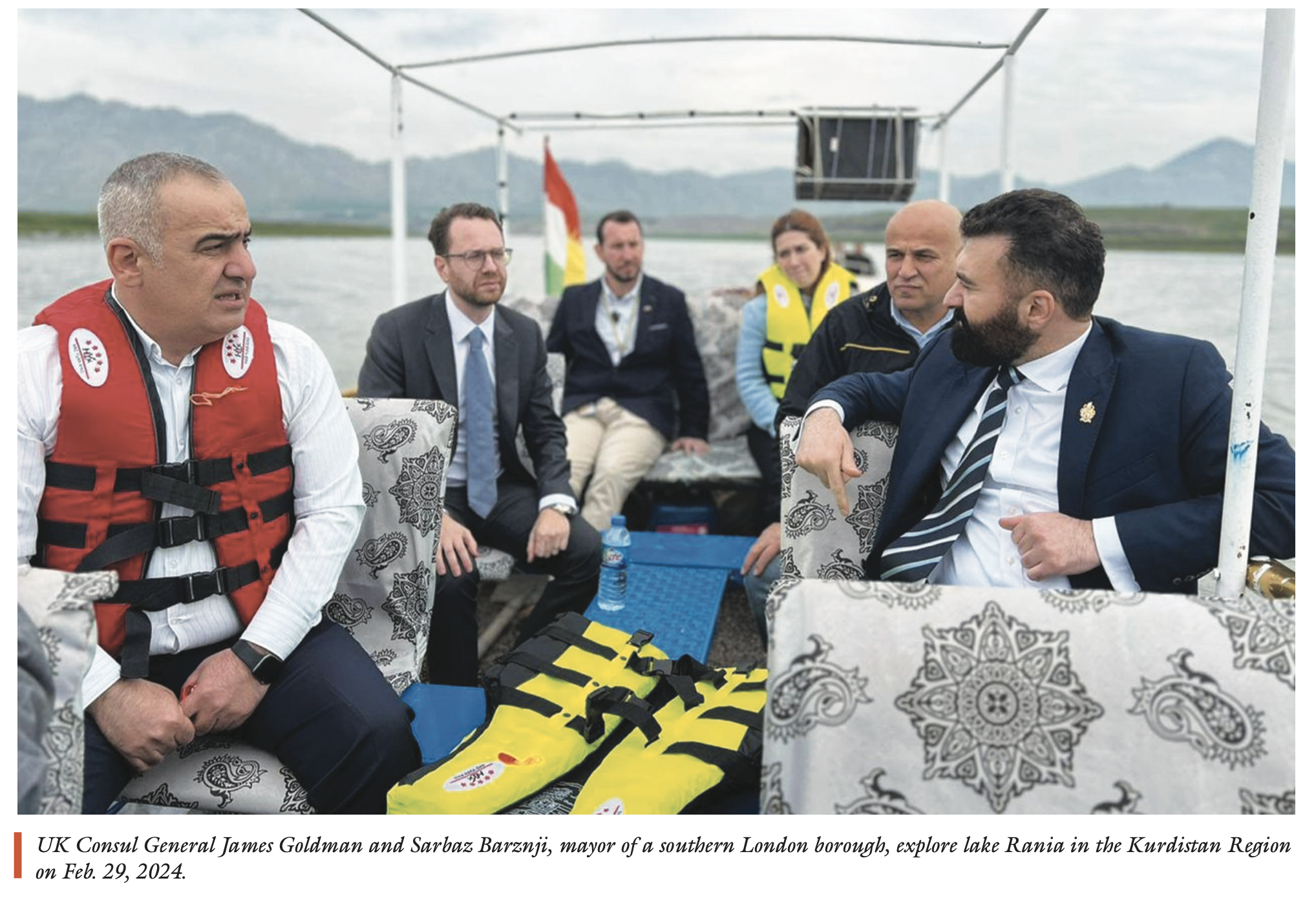
And, like true friends, we have been through hard times together, with none being harder than the fight against ISIS. The terrorist group once controlled a swath of territory that is roughly the size of the UK but, thanks to a sustained military campaign by the Global Coalition with our Kurdish and other partners, over 7 million people were liberated from its control.
More broadly, we continue to work closely on tackling terrorism with the KRI, which includes longstanding support to the Kurdish peshmerga. The UK is supporting the Kurdistan Regional Government’s (KRG) plans for reform to make the peshmerga more affordable, capable, and accountable. We are also enhancing collaboration with the Iraqi Security Forces (ISF), a key priority for strengthening regional security. Our ultimate mission is to support a secure and prosperous KRI, contributing to stability within Iraq. The UK has trained 111,000 members of the ISF, including 21,000 peshmerga.
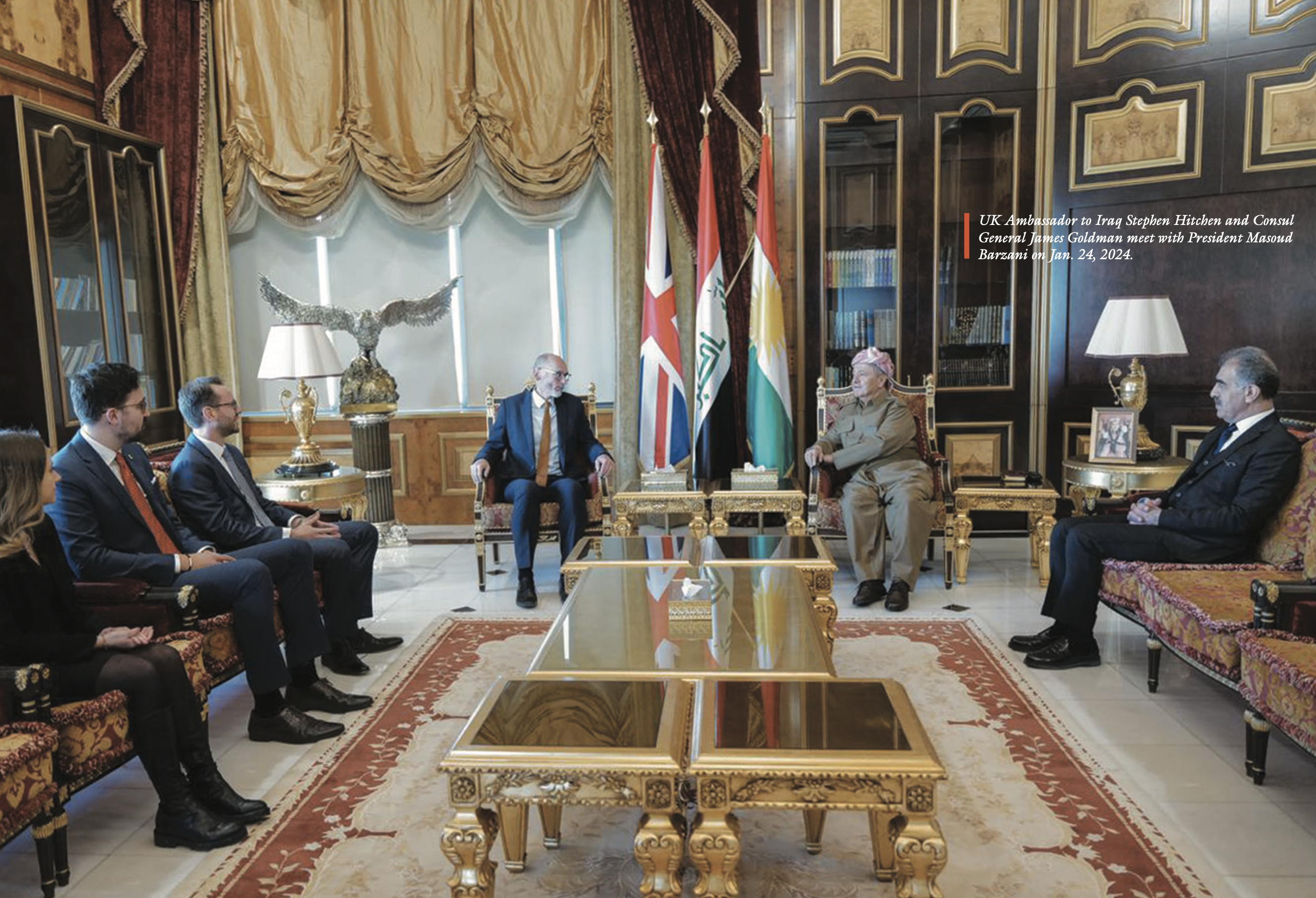
Mutual prosperity
During my visit, I have also been inspired by the amazing people who have dedicated their lives to supporting the victims of ISIS’s heinous crimes. I am proud that the UK is playing its part through our funding of non-government organizations that work with Yezidi survivors and advocate for the full implementation of the Yezidi Survivors Law.
We are also intent on building cultural engagement between the KRI and UK. For instance, the British Council is supporting an initiative that includes providing expertise and training in heritage management between UK universities and the Kurdistan Region’s General Directorate of Antiquities and Heritage. The Council is also working with a range of artists and policymakers in the KRI to unlock the potential of the region’s creative economy.
Education forms another strong bond between us. Across the KRI, I have met many people who have studied either at a British-affiliated school in the KRI or in the UK itself. Every year, we send students from the KRI to the UK to study a master’s degree course as part of our Chevening Scholarship Programme, with the aim of creating a lasting link between the UK and young leaders in the KRI.
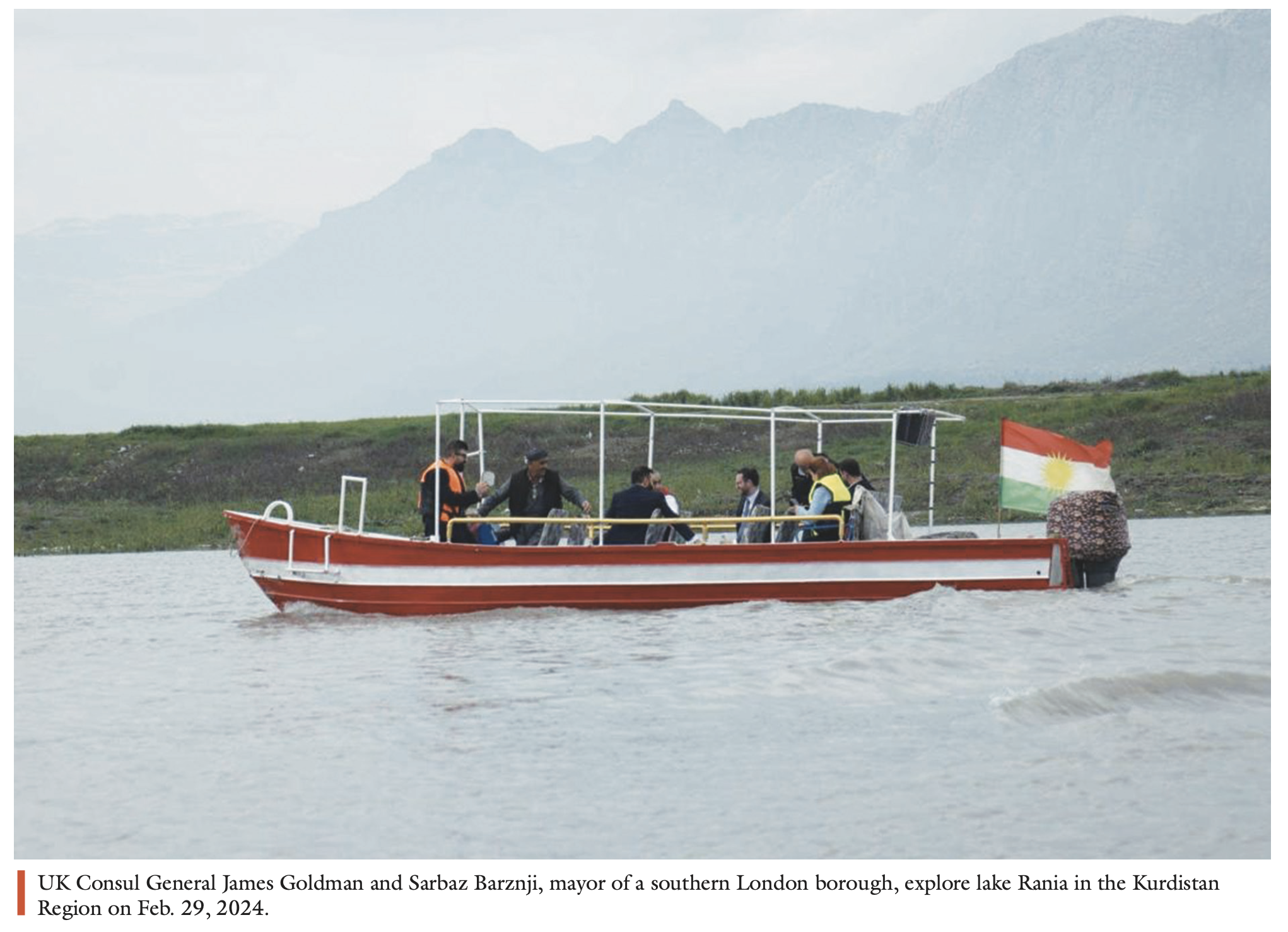
There are many such links already between our two peoples. I know this personally. I was born and have lived for many years in the heart of London, where I first dipped my toe into the wonders of Kurdish cuisine. Many thousands of people from the KRI call the UK their home, and there are many British citizens living here in the KRI. I am delighted to be one of them.
Our trade and investment links are also growing. We support British investors seeking to operate in the KRI and create local jobs, while many British businesses bring great products to the Kurdish market.
We thus seek to expand our engagement with businesses in the region through regular roundtable discussions. We have supported the establishment of the British International University, which offers University of London-accredited degrees in the KRI. This £38-million investment is an investment in the future of the KRI. We also work with the KRG on its economic growth plans to identify how UK companies can support in delivering on the government’s priorities.
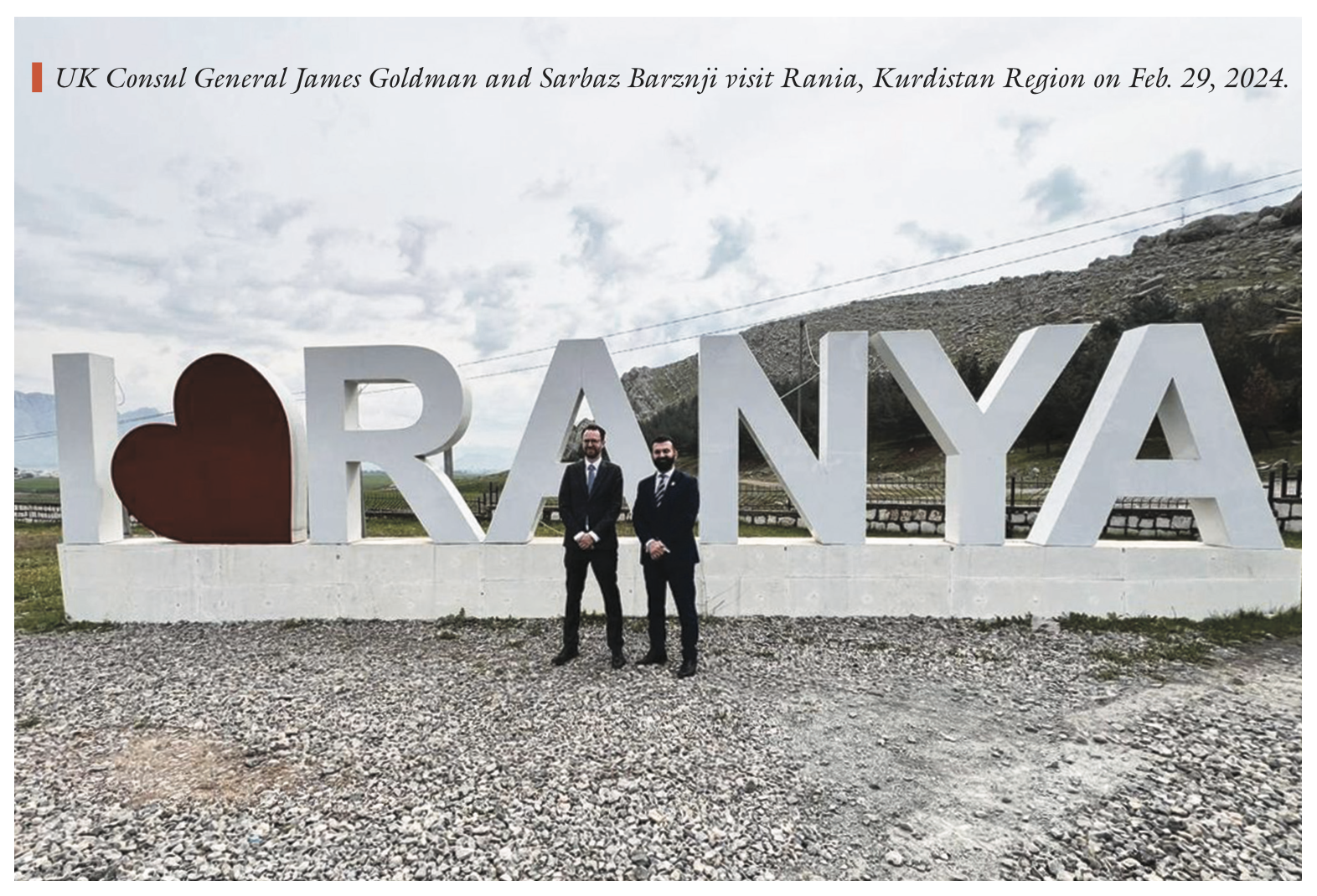
Politically, the UK has long been a supporter of the KRI, and today we remain steadfast in our support for the KRI’s status as a semi-autonomous region in Iraq. We believe that a stable and sustainable constitutional arrangement within Iraq between the KRG and Iraqi central authorities is vital for the stability of Iraq as a whole.
I will end with two ambitions. First, to grow our ties even deeper to benefit the UK and KRI and support our mutual prosperity. Second, to do so by building on the strong friendships we have across KRI society, breaking bread, and sharing frank views and experiences, and learning from each other.
I have been overwhelmed by the warmth and generous hospitality I have experienced in the KRI. From dolma to kebabs and shifta (a type of kofte), I look forward to sharing many more meals and continuing our dialogue and collaboration.
James Goldman is the British Consul General to the Kurdistan Region.
